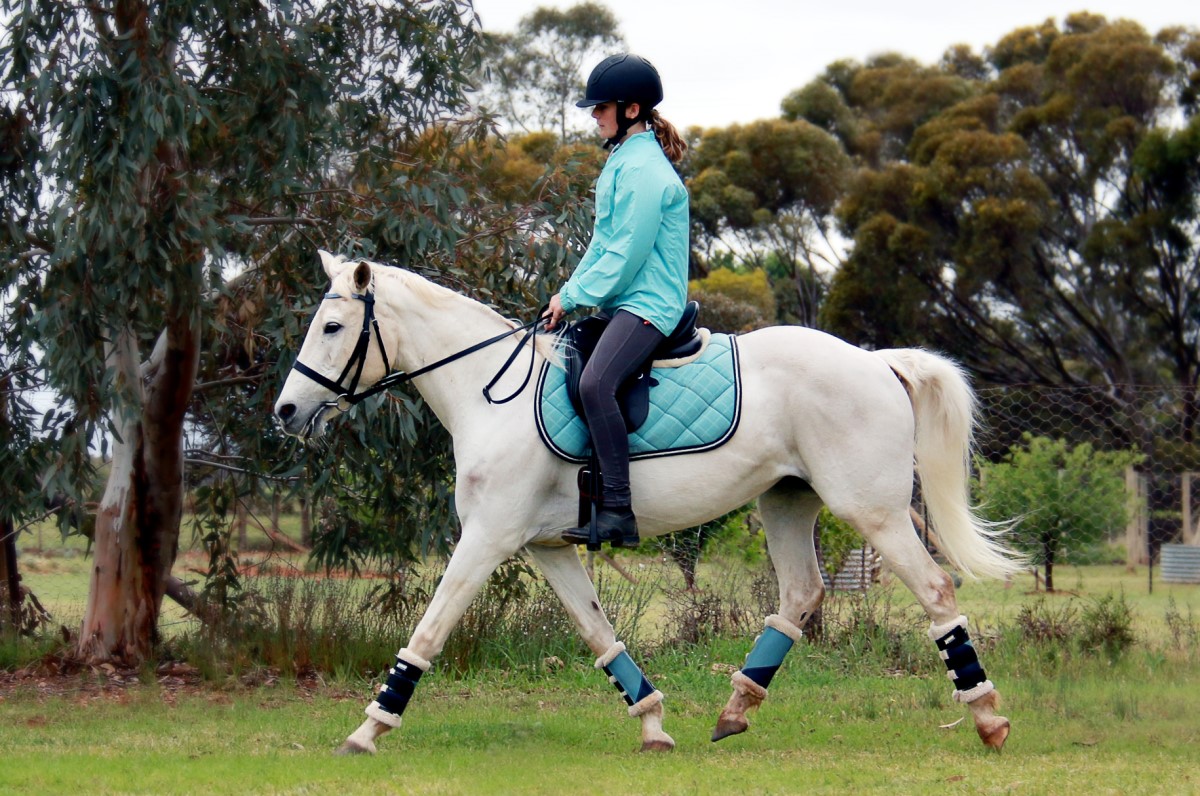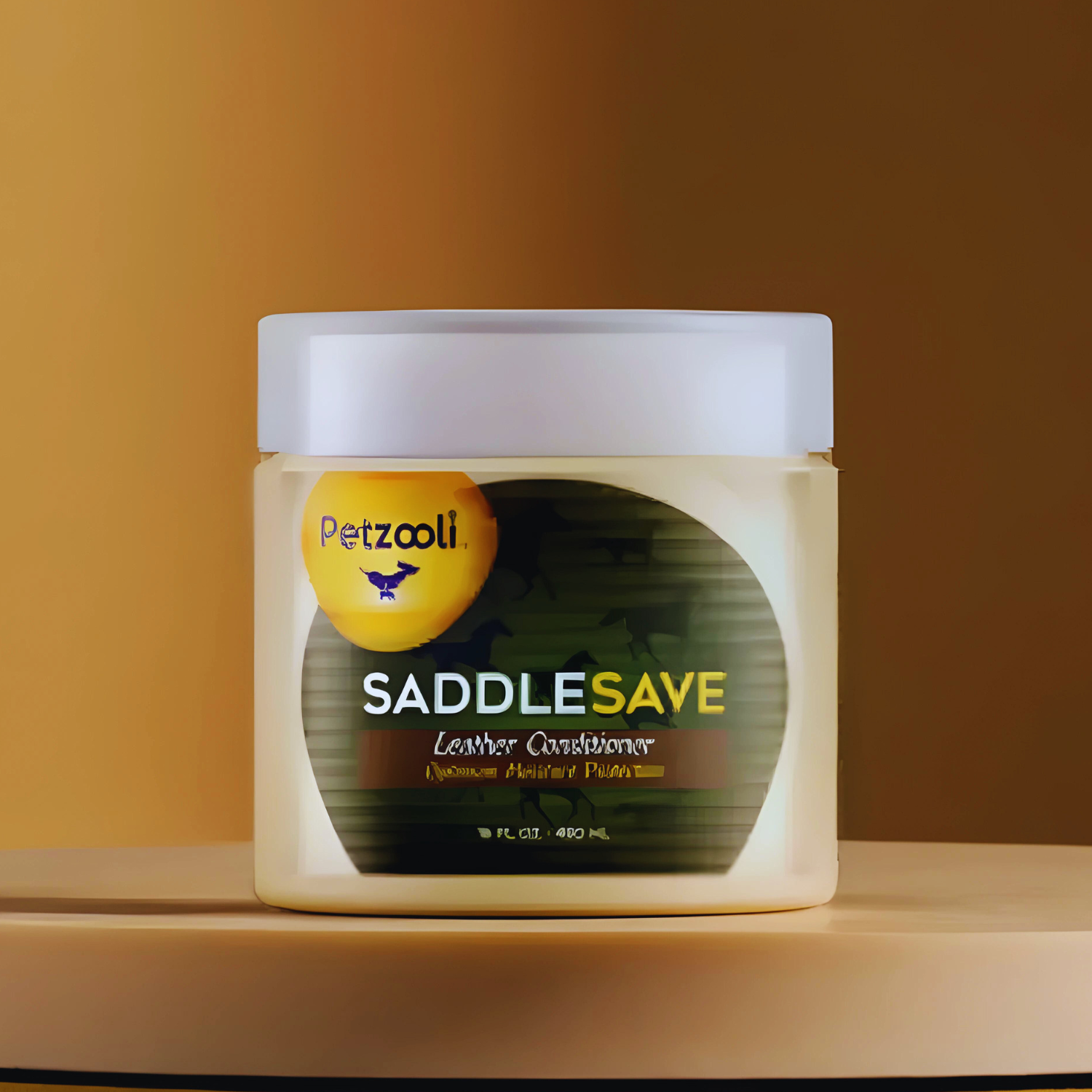
How Much Water Per Day Should You Give Your Horse for Health?
Share
As a health-conscious pet owner, you understand the significance of hydration not just for yourself but for your beloved horses too. The query of how much water per day should you give your horse is vital for maintaining their overall health and performance. Proper hydration can influence your horse's well-being, energy levels, and even their mood. In this article, we delve into all aspects of equine hydration, providing insights and evidence-backed recommendations.
The primary factor in determining how much water your horse requires hinges on their size, activity level, age, and diet. Just like humans, horses rely on water to regulate their body temperature, digest food, and eliminate waste.

Understanding the Basics of Equine Hydration
Water is the most crucial nutrient for horses. It plays an essential role in their physiological processes. So, how much water do they need daily? Horses typically consume between 5 to 15 gallons of water per day depending on factors including climate, activity level, and feeding habits.
For instance, a working horse may require more water compared to a horse that is mostly sedentary. Additionally, hot weather, high humidity, and heavy exercise can amplify water needs. Several factors determine the amount of water you should offer your horse:
- Activity Level
- Age
- Diet
- Weather Conditions

Factors Affecting Water Intake
1. Activity Level
A horse that is regularly exercised or performs hard labor will have a higher water requirement than one that is kept in a stable most of the time. During high-intensity workouts or rigorous competition, its crucial to ensure that your horse has ample access to fresh water.
2. Age
Younger horses or foals may have different hydration needs compared to mature horses. Older horses could also face dehydration risks more frequently due to underlying health issues.
3. Diet
The horse's diet can also play a role in determining water needs. For example, if your horse consumes dry hay or grain, they may require more water as opposed to when they are fed wet or moist feeds, such as grass or soaked hay pellets.
4. Weather Conditions
Hot, humid, or windy weather can lead to increased hydration needs. Providing extra water during such conditions is essential for maintaining your horses health.

Hydration Guidelines for Horses
On a general note, a mature horse should drink at least 5 to 10 gallons of water daily. If you have a very active horse, the intake can go as high as 15 gallons. Furthermore, if you're interested in an exceptionally detailed guide on how to manage your horse's changes in health status, consider reading about treating diarrhea or providing arthritis supplements.
Regularly check your horses water supply during different seasons and conditions. Cold weather can lead to horses drinking less, and warm weather often pushes them to drink more. Therefore, it's vital to monitor their water intake frequently.

Signs of Dehydration in Horses
It's crucial to spot signs of dehydration before they escalate. Some common indicators include:
- Deworming: Less elastic and more dry skin.
- Diminished: Sweet-smelling breath.
- Behavior Changes: Falling energy levels.
Addressing any signs immediately with fresh water and electrolytes can be beneficial.
Providing Access to Water
Water should always be accessible to your horse. Ensure that the water trough or bucket is clean and filled. Encourage drinking by reassuring the horsesometimes a little coaxing is needed.
One effective method is to keep your horse hydrated after workouts by offering them water gradually. Sudden excessive water intake can lead to colic.
For horses in cooler climates, consider heated water buckets during winter. Also, check with your vet if you notice consistent reluctance to drink, as it can indicate underlying issues.
Frequently Asked Questions
What are the signs that my horse is dehydrated?
Common signs include dry mucous membranes, a lack of appetite, a dull coat, and reduced urination.
Can horses drink too much water?
Yes, while hydration is vital, excessive water intake, especially post-exercise, can lead to complications like colic. Introducing water slowly is important.
Is it safe to use tap water for my horse?
Generally, yes, but make sure the water is free of contaminants. If using well water, get it tested regularly.
Managing a horse's hydration levels is not just beneficial but essential for their health and well-being. The simple act of regularly monitoring and ensuring access to clean water can make a significant difference in your horse's life.
Further information about horse care can be found at ASPCA Horse Care.
As an Amazon Associate, I earn from qualifying purchases.
